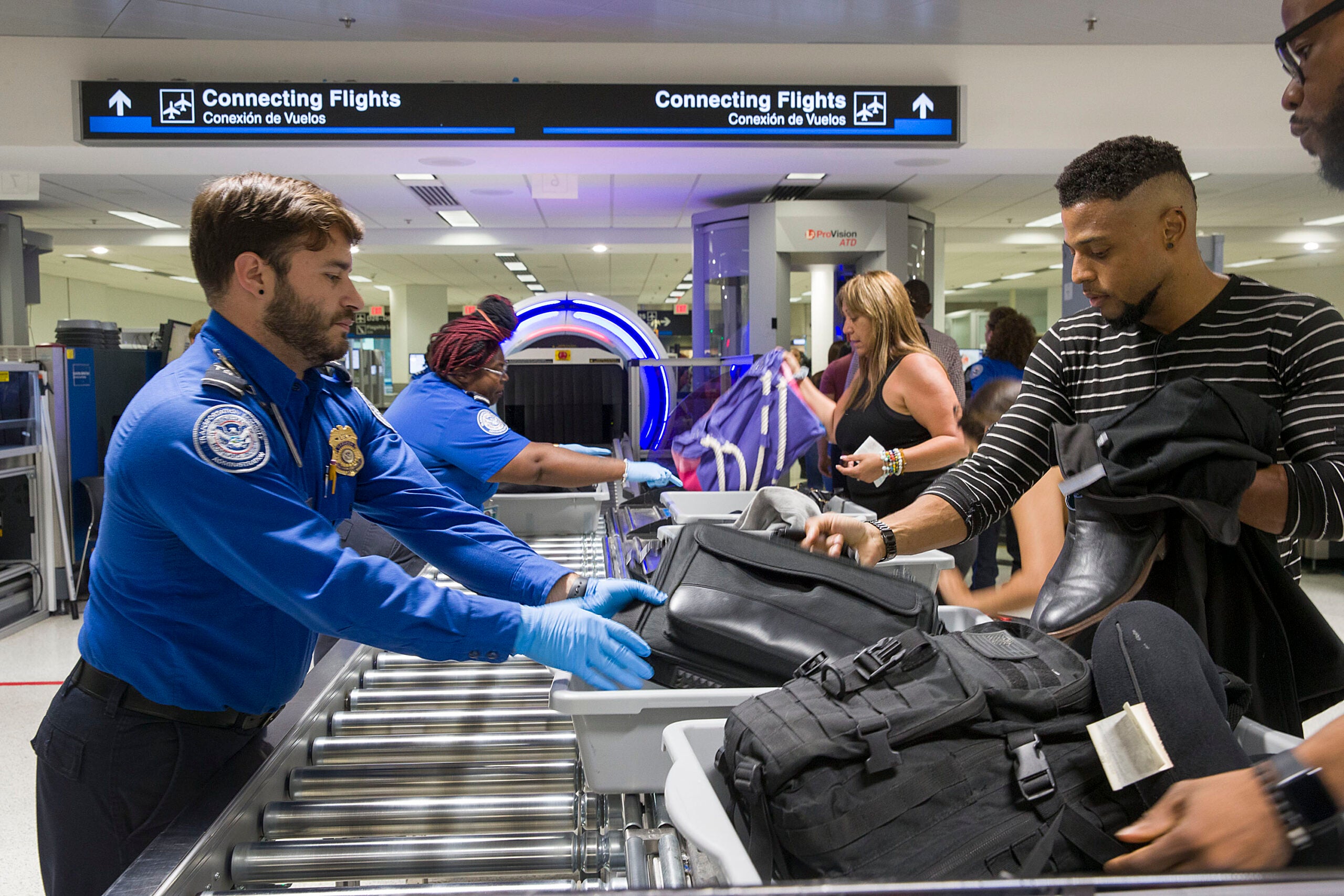Will a government shutdown affect air travel? The answer is complicated
A government shutdown looms as Congress remains in gridlock over extending funding past a major deadline.
If a shutdown were to happen, most federal agencies would stop work, and most government workers would be furloughed, save for those who work in agencies deemed as “essential services” such as Social Security and Medicare.
Also considered essential: most of the federal workers involved with air travel.
Want more aviation news? Sign up for TPG’s free biweekly Aviation newsletter.
While travel for Americans probably wouldn’t be heavily affected by a government shutdown, the shutdown would still have significant consequences for the travel industry.
The U.S. economy could lose about $140 million a day during a government shutdown, according to the U.S. Travel Association, partly from longer wait times at airports and deferred modernization projects. Additionally, processing times for passports, visas and Global Entry could take longer. This could lead visitors to postpone or cancel travel plans.
Flyers may also deal with more delayed flights and longer screening times.
A poll from market research and consulting firm Ipsos and the U.S. Travel Association found that 60% of Americans would avoid or cancel air travel during a government shutdown.
If the government shutdown were to turn into a long-term one, travelers could expect to see even more hiccups.

Daily Newsletter
Reward your inbox with the TPG Daily newsletter
Join over 700,000 readers for breaking news, in-depth guides and exclusive deals from TPG’s experts
Museums like those affiliated with the Smithsonian Institution will be closed during a government shutdown, and it is unclear if national parks will close.
During past government shutdowns, national parks have remained open to visitors; however, as most workers were furloughed, national parks became filled with litter and experienced overflowing toilets. Visitors even vandalized some of the property.
As for air travel, agencies like the Transportation Security Administration and the Federal Aviation Administration are considered to be essential services. So, airport security workers and air traffic controllers will still be required to work, even though they will not receive paychecks until the shutdown eventually ends.
However, absenteeism could present a significant challenge for these two agencies, and the FAA has already been struggling with labor shortages during the coronavirus pandemic, according to Reuters.
During a government shutdown in 2019, 10 air traffic controllers called in sick, which led to a temporary shutdown at LaGuardia Airport (LGA) and delays at airports in Philadelphia, Newark and Atlanta. That ultimately led to an end of the shutdown.
Another thorn for the FAA during a government shutdown: It would have to pause training new air traffic controllers, something Secretary of Transportation Pete Buttigieg said would come at “exactly the wrong moment.”
“We cannot afford that kind of politically driven disruption at the very moment when we finally have those air traffic control report numbers headed in the right direction,” Buttigieg said at a House Committee on Transportation and Infrastructure hearing on Sept. 20.
The FAA has grappled with a shortage of air traffic controllers during the pandemic, which has already led to flight cuts at major airports.
Buttigieg said at the House hearing that the FAA had surpassed its goal of hiring 1,500 air traffic controllers this year, but a government shutdown would hamper any progress to train them.
What may also become another factor in a perfect storm is that the FAA’s authorization is set to expire Saturday; Congress has yet to pass a reauthorization bill. In order to prevent more chaos at the FAA, Congress would need to pass a temporary extension of FAA programs. If Congress fails to do so, the issues that have already hampered the FAA could be exacerbated by a government shutdown and a lack of a reauthorization bill.
A government shutdown would also cause delays for infrastructure projects, meaning that airport construction could also see delays.
It’s unclear if Congress will be able to reach a last-minute compromise to extend funding. In the event it doesn’t, travelers will feel the ripple effects of the government shutdown.

